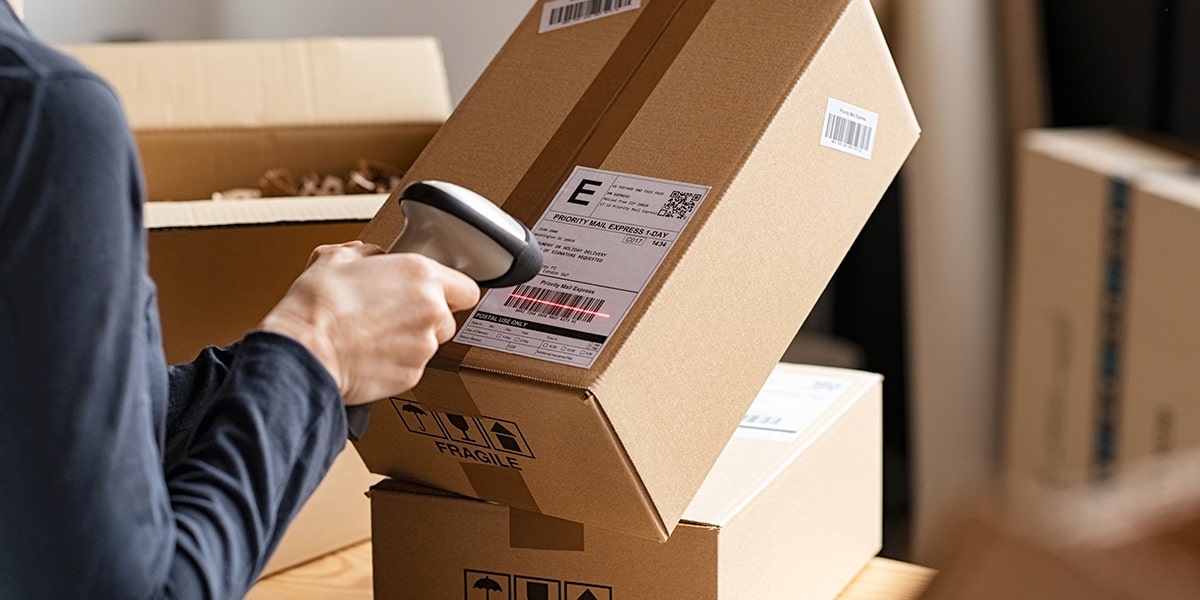Packaging Material Strength Testing
In consumer products and product safety testing, packaging plays a critical role in protecting contents from damage during transit and ensuring compliance with national and international regulations. Packaging material strength testing is essential to evaluate the durability and integrity of packaging materials under various conditions, ensuring they meet industry standards for performance and safety.
The primary goal of this test is to determine how well packaging materials withstand mechanical stresses such as compression, tension, or impact without compromising their structural integrity. This service ensures that products are safe from physical harm during distribution and storage while adhering to regulatory requirements set by bodies like the FDA (Food and Drug Administration) in the United States.
Testing involves subjecting samples of packaging materials to specified loads using specialized testing machines designed specifically for this purpose. For instance, tensile testers can measure how much force a sample can endure before breaking or deforming permanently. Similarly, compression testers apply pressure perpendicular to the surface of the material to assess its resistance.
Once tested, results are analyzed against established standards such as ASTM D882-19 for plastic films and sheets, ISO 5801:2020 for paperboard tubes, or EN 347:2013 for corrugated containers. These guidelines provide clear criteria on what constitutes acceptable levels of strength based on the intended use of each type of packaging.
Understanding these standards helps manufacturers design more effective and safer packages that not only protect their products but also comply with legal requirements regarding product safety. By conducting regular testing, companies can identify potential weaknesses early in the development process or during production, allowing them to make necessary adjustments before issues arise.
Moreover, this service supports continuous improvement efforts within organizations by providing valuable insights into how different materials perform under real-world conditions. This information enables businesses to optimize their supply chain operations and reduce waste while maintaining high-quality standards.
The importance of packaging material strength testing cannot be overstated in today's competitive market where product quality is paramount. Ensuring that every package meets the necessary criteria helps build consumer trust, enhances brand reputation, and ultimately leads to increased sales volumes.
Industry Applications
Packaging material strength testing finds applications across numerous industries, including food and beverage, pharmaceuticals, electronics manufacturing, automotive components, and retail packaging. Each sector has unique requirements when it comes to protecting its products during transportation and storage. For example:
- In the food industry, ensuring that containers can withstand refrigeration temperatures without leaking is crucial.
- Pharmaceutical manufacturers must verify that their blister packs or vials maintain integrity throughout distribution cycles.
- Electronics companies often need to test their circuit boards' packaging against moisture ingress during shipping.
- Automotive firms may examine bumpers for resistance to impacts from other vehicles at low speeds.
By addressing these specific challenges, our testing services help ensure that all packaging meets the necessary standards regardless of its intended application.
Why Choose This Test
Choosing packaging material strength testing offers several benefits for businesses operating in consumer products and product safety sectors. Here are some key reasons why companies should prioritize this service:
- Promotes Safety: Ensuring that packages can handle the stresses they encounter during transport minimizes risks to both consumers and goods.
- Enhances Reputation: Meeting stringent standards reflects positively on a company's commitment to excellence, thereby enhancing its image among stakeholders.
- Avoids Legal Issues: Non-compliance with regulations can lead to fines or recalls. Testing helps avoid such pitfalls by guaranteeing adherence to legal mandates.
- Improves Efficiency: Identifying problematic areas early allows for corrective actions, reducing costs associated with rework and improving overall operational efficiency.
In summary, investing in packaging material strength testing is an investment in long-term success. It provides peace of mind knowing that your products are safeguarded against potential hazards while meeting all relevant regulatory requirements.
Quality and Reliability Assurance
Quality and reliability assurance are fundamental components of any successful business strategy, especially when dealing with consumer products where trust is paramount. Through rigorous testing procedures like packaging material strength tests, organizations can demonstrate their commitment to producing reliable goods that meet or exceed expectations.
- Consistency: Ensures that every batch produced adheres strictly to predefined specifications.
- Durability: Validates that materials perform consistently over time and under varying conditions.
- Performance: Confirms that packages function correctly according to their design intent.
- Risk Management: Identifies potential vulnerabilities before they become critical issues leading to costly repairs or replacements.
The consistent application of these principles across all stages of product development ensures that the final product not only meets but exceeds customer expectations, fostering loyalty and satisfaction. Furthermore, it sets a benchmark for continuous improvement efforts aimed at maintaining excellence in every aspect of business operations.





